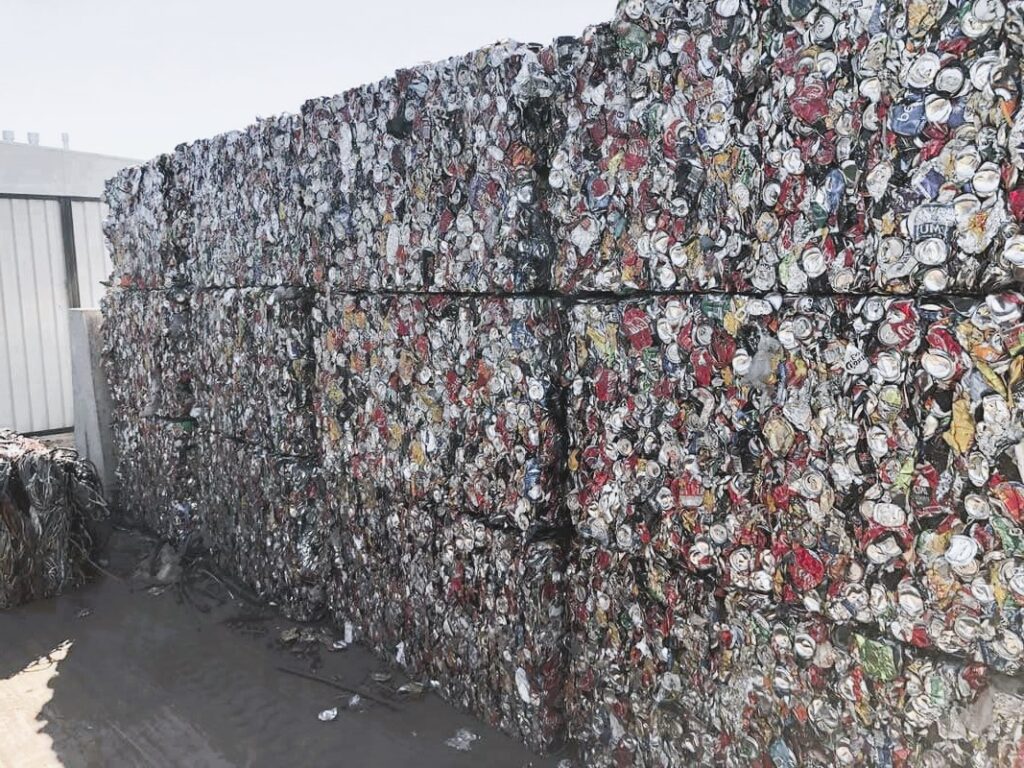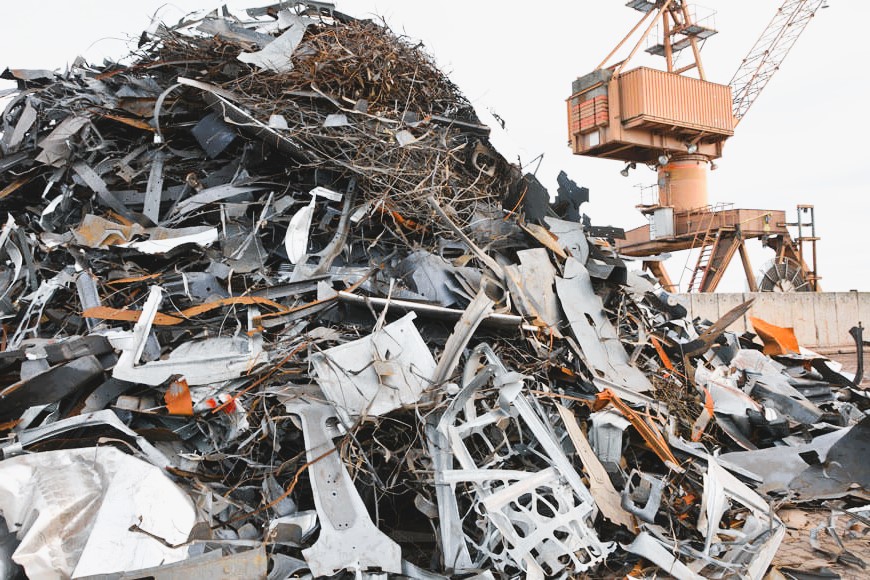Metal recycling plays a crucial role in sustainable resource management and environmental conservation. By recycling metals, we can reduce the need for new mining operations, conserve energy, and minimize the environmental impact associated with metal production. In this article, we will explore the environmental benefits of metal recycling and the importance of utilizing secondary resources to create a more sustainable future.
Conservation of Natural Resources
Metal recycling helps conserve valuable natural resources. Many metals, such as aluminum, copper, and steel, are extracted from ores through mining, a process that requires extensive energy consumption and can have adverse environmental effects. By recycling metals, we reduce the demand for primary raw materials, preserving natural resources and minimizing the need for destructive mining activities.
Energy Conservation
Recycling metals requires significantly less energy compared to extracting them from ores. The energy savings can be substantial, as the extraction and refining of metals from their raw forms are energy-intensive processes. For example, recycling aluminum can save up to 95% of the energy required to produce the metal from bauxite ore. By recycling metals, we can reduce energy consumption and the associated greenhouse gas emissions, contributing to the fight against climate change.

Reduction of Greenhouse Gas Emissions
Metal production is a major contributor to greenhouse gas emissions, primarily due to the energy-intensive processes involved. These emissions, including carbon dioxide (CO2), methane (CH4), and nitrous oxide (N2O), contribute to global warming and climate change. By recycling metals, we can reduce the need for primary metal production, which in turn reduces greenhouse gas emissions associated with the mining, refining, and transportation of raw materials. Recycling a ton of steel, for example, can save up to 2,500 pounds of CO2 emissions. The Rise of Smart Windows: Embracing Technology in Modern Architecture,
Minimization of Waste and Landfill Space
Metal recycling helps reduce the amount of waste generated and conserves valuable landfill space. When metals are discarded in landfills, they can take decades or even centuries to decompose, contributing to environmental pollution. By recycling metals, we divert them from landfills and give them a new life as valuable resources. This not only helps reduce the strain on landfill capacity but also prevents potential environmental contamination from metal leaching into the soil and water.
Reduction of Water Pollution
Mining and metal production processes often generate wastewater that can contain various pollutants, including heavy metals and chemicals. Improper disposal of these wastewater streams can lead to water pollution, posing risks to aquatic ecosystems and human health. By recycling metals, we can reduce the demand for primary metal production, thereby reducing the amount of wastewater generated and the potential for water pollution.
Promotion of Circular Economy
Metal recycling is an essential component of the circular economy model, which aims to minimize waste and maximize resource efficiency. By recycling metals, we extend the lifespan of materials, reducing the need for virgin resources and the associated environmental impact. The circular economy approach encourages the continuous use and reutilization of materials, contributing to a more sustainable and resource-efficient society.

Industry Standards and Regulations
To ensure the proper handling and recycling of metals, various industry standards and regulations have been established. These standards cover areas such as material classification, recycling processes, and environmental protection measures. Compliance with these standards helps maintain the integrity of the recycling process and ensures the safe handling of metal waste. Additionally, governmental agencies and environmental organizations often provide guidelines and resources to promote responsible metal recycling practices.
For more information on metal recycling and relevant standards, you can refer to the following resources:
- Wikipedia – Metal Recycling
Conclusion
Metal recycling is a vital practice that offers significant environmental benefits. By conserving natural resources, reducing energy consumption, minimizing waste, and mitigating pollution, metal recycling helps create a more sustainable future. As individuals, businesses, and governments continue to prioritize recycling and resource conservation, we can collectively make a positive impact on the environment and contribute to a greener, more sustainable planet.

